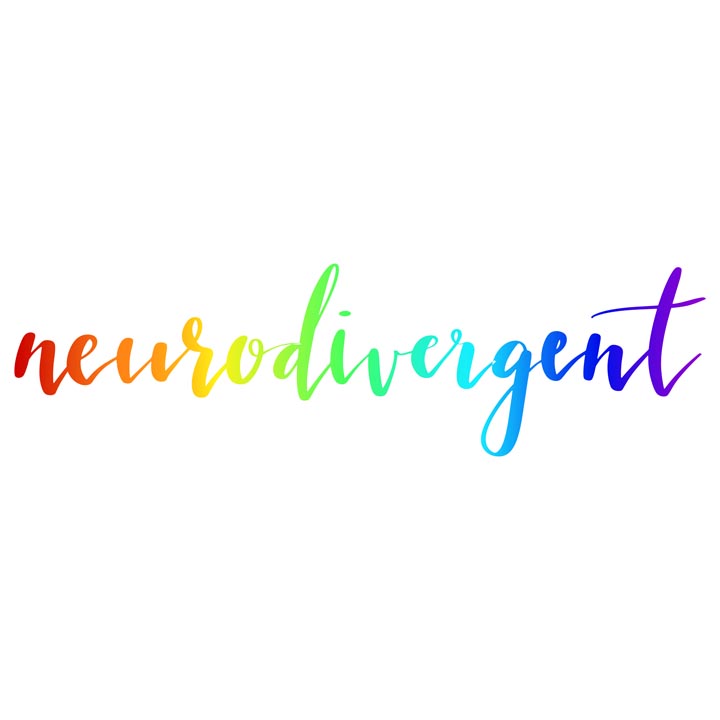Ash Sharma shares his thoughts on how businesses can encourage more neurodiverse candidates in the workplace
Reading time: 4 minutes
With more research highlighting the benefits that neurodivergent candidates have on organisations, and the growing skills shortages across many industries, are employers missing a trick by not tapping into neurodiverse talent?
Neurodiversity represents a fast-growing subcategory of organisational diversity and inclusion that seeks to embrace and maximise the talents of people who interpret information differently. It encompasses people with conditions including autism, dyslexia, dyspraxia, dyscalculia and ADHD.
Neurodiverse talent bring significant benefits to the workplace, and their alternative thinking styles often result in better ways to approach issues.
For example, people with autism are often highly analytical and can thrive when dealing with database management, data analysis, problem-solving tasks or projects that require a high level of attention to detail.
Similarly, in the Forbes article ‘ADHD: the entrepreneur’s superpower’ the traits of an individual with ADHD – including their ability to focus for extended periods, multitasking and being calm under pressure – are highlighted as valuable skills for all employees.
The capacity of people with dyslexia and dyspraxia to ‘think outside the box’ is also highly beneficial to the workforce.
People with autism are often highly analytical and can thrive when dealing with problem-solving tasks or projects that require attention to detail.
It is estimated that over 15% of people in the UK are neurodivergent. However, according to the CIPD, 70% of HR professionals do not factor neurodivergence into their people management processes.
Only 16% of adults with autism in the UK are in full-time employment, according to the National Autistic Society. However, their research also shows that 77% of unemployed people with autism say they want to work.
In addition, comments from people with dyslexia, dyspraxia and dyscalculia show how they could contribute far more at work with just simple accommodations and understanding.
Currently, the methods organisations use to attract talent and the interview processes that people go through are not suited to neurotypical candidates. Employers must adapt these processes to individual needs in order to tap into this overlooked talent pool.
At Cielo, we work with organisations to ensure their recruitment strategies and processes include neurodiverse talent pools. Here are recommendations on how to better attract and retain neurodiverse candidates.
Promote your organisation’s support for neurodiversity
The first place a prospective candidate will go to find out more about an organisation is the company website, so showcasing your support for neurodiverse candidates will go a long way towards attracting these individuals.
Accenture is a great example of an organisation that promotes neurodiversity. The Fortune Global 500 company shares examples on its blog of neurodiverse employees who are succeeding in the organisation.
When drafting a job advertisement for a role, employers should remove any jargon and use plain, easy-to-read English, focusing on essential skills and experiences, and avoiding unnecessary information.
Neurodiverse candidates can be very literal. They may not apply for a job that is advertised asking for two years’ experience if they only have 23 months.
They should also remove any generic competencies from job descriptions for the same reason.
Make your interview process more neurodiverse-friendly
Adjust the interview process to better fit the needs of neurodiverse applicants who may, for example, struggle to concentrate or hold eye contact.
The use of Skype interviews, the avoidance of hypothetical questions, and carrying out trials working from home are all useful and effective ways to support neurodiverse candidates through the recruitment process and help them add value to their chosen organisation.
Support and value the neurodiverse employees who work at your organisation
Ensuring your neurodiverse employees feel supported and valued is crucial to retaining them. Organisations can reduce stigma and be more inclusive by having champion ambassadors, running briefings and drop-in sessions, and launching employee groups.
Google currently has 15 Employee Resource Groups (ERGs) that allow its employees to connect with a network of people who share their values of supporting diversity.
Its Disability Alliance is a group for Google employees “who care about disability, learning differences, special needs, or neurodiversity, whether for themselves or a child, relative, or friend. The group shares advice, advocates, and builds awareness, and is passionate about creating innovative and inclusive teams, products, education, and workplaces.”
Additionally, organisations should ensure that managers have enough training to understand how to support neurodiverse individuals, and refresh and review this regularly to update their knowledge.
About the author
Ash Sharma is global resourcing partner at Cielo




